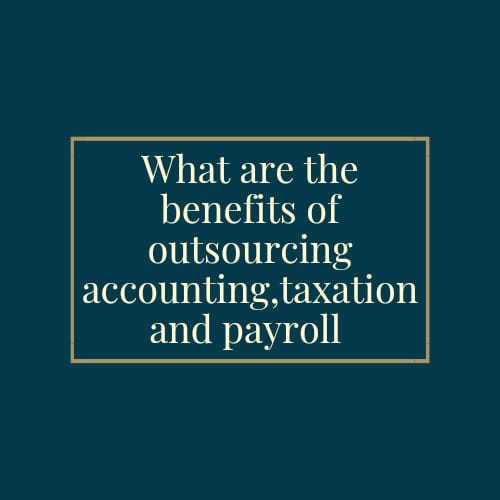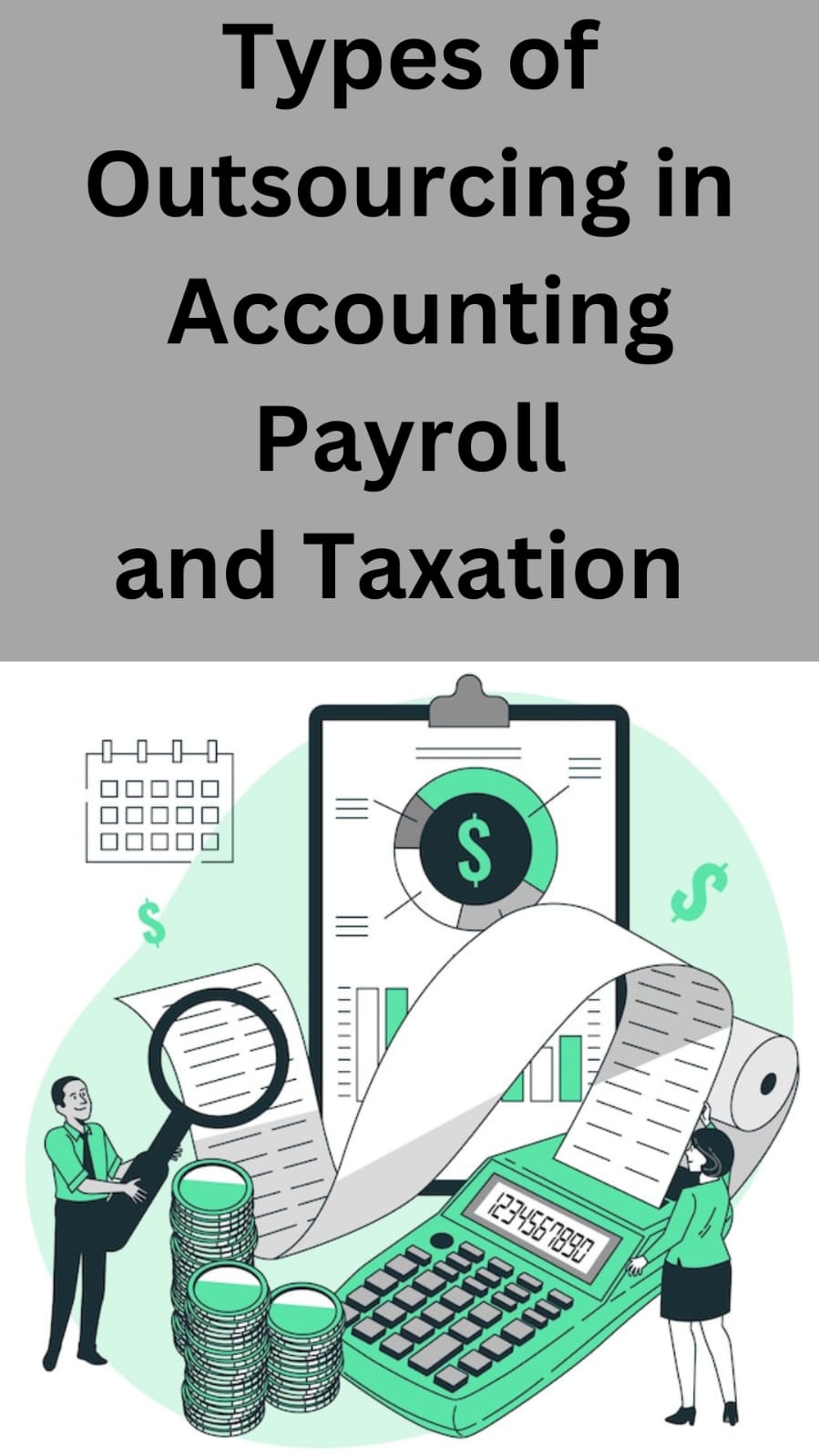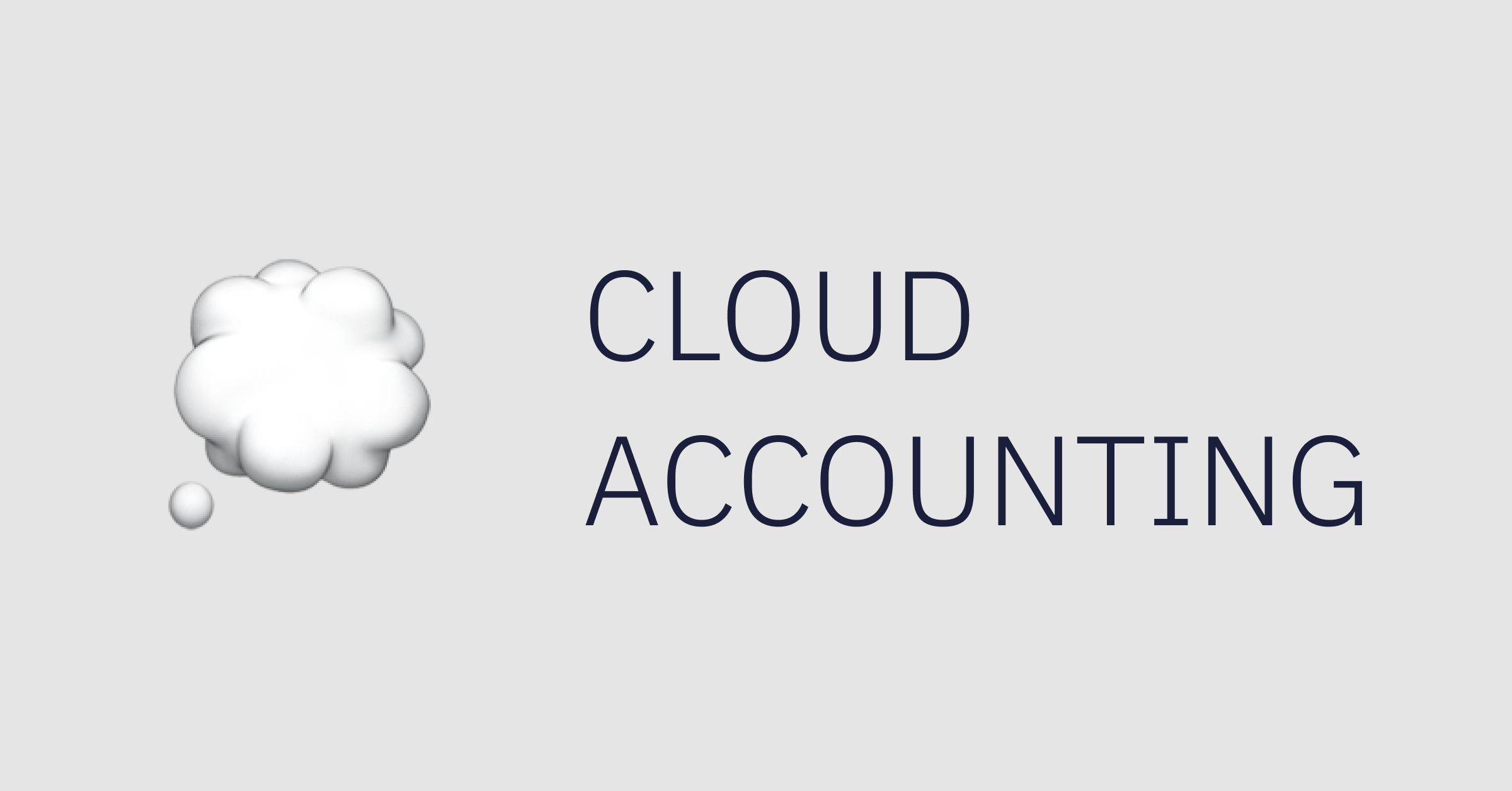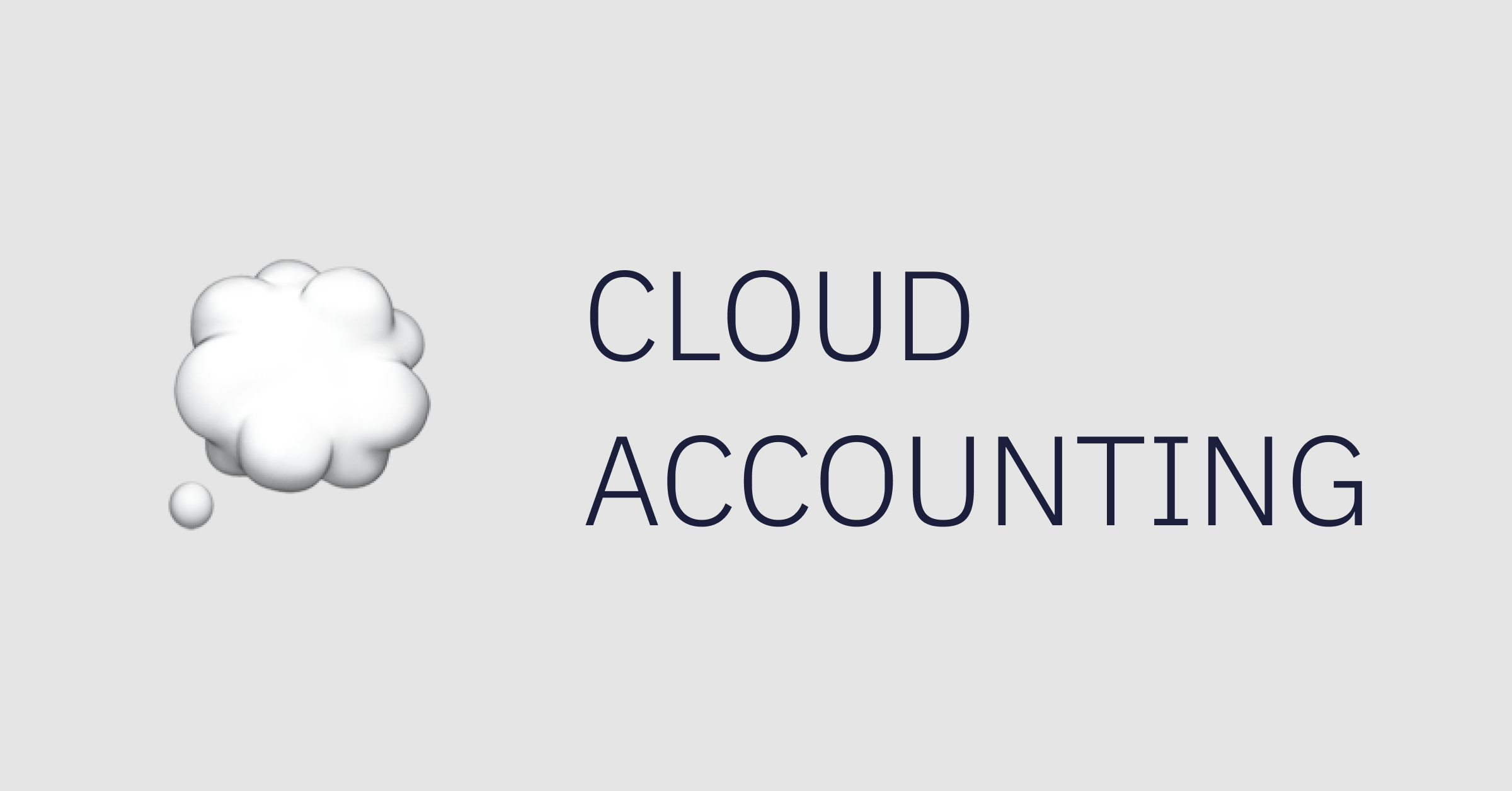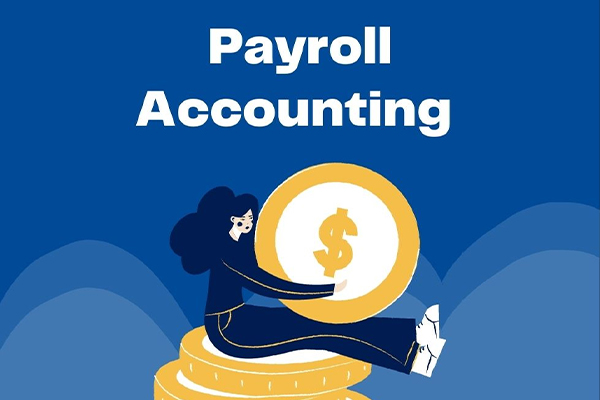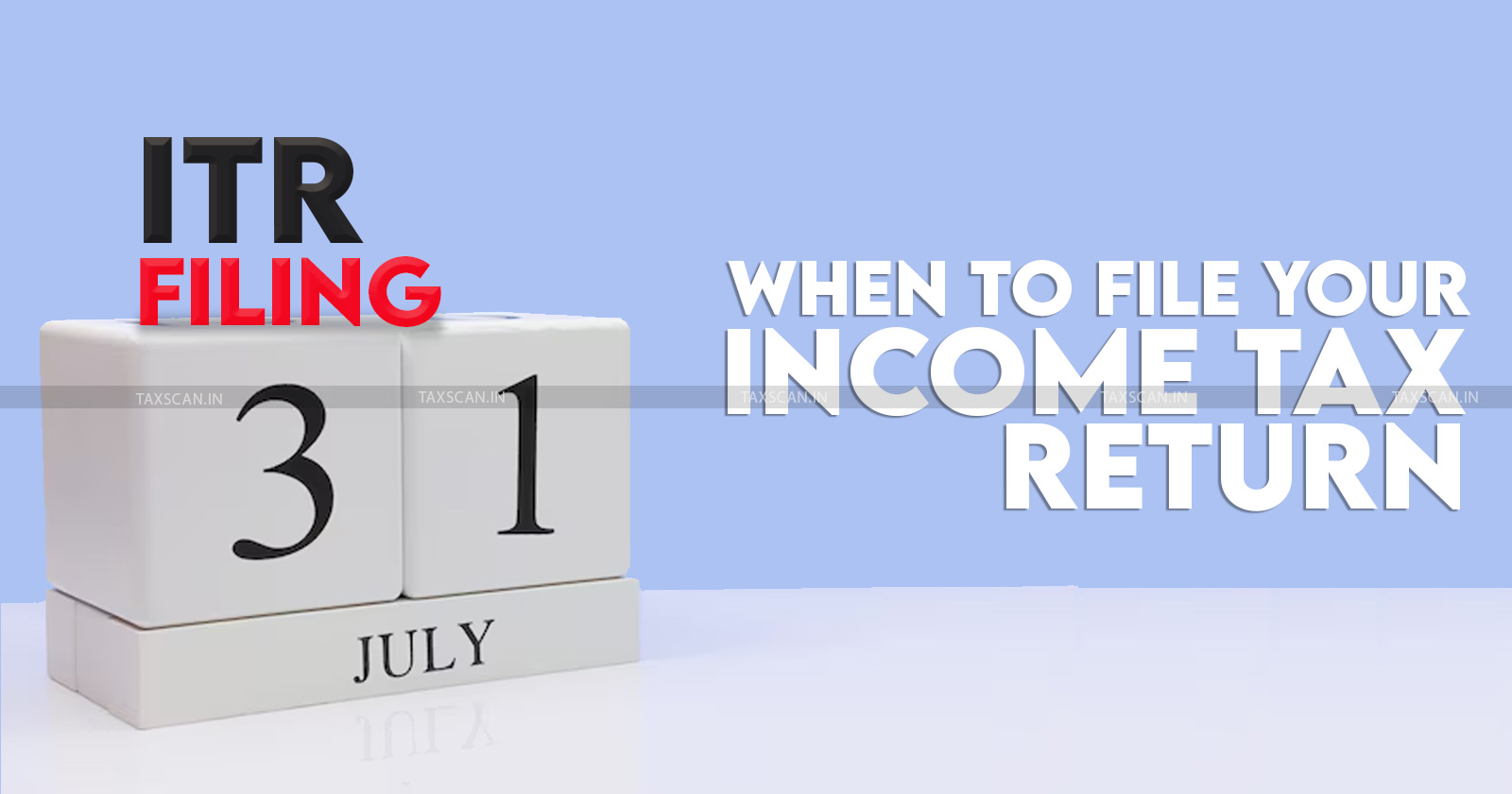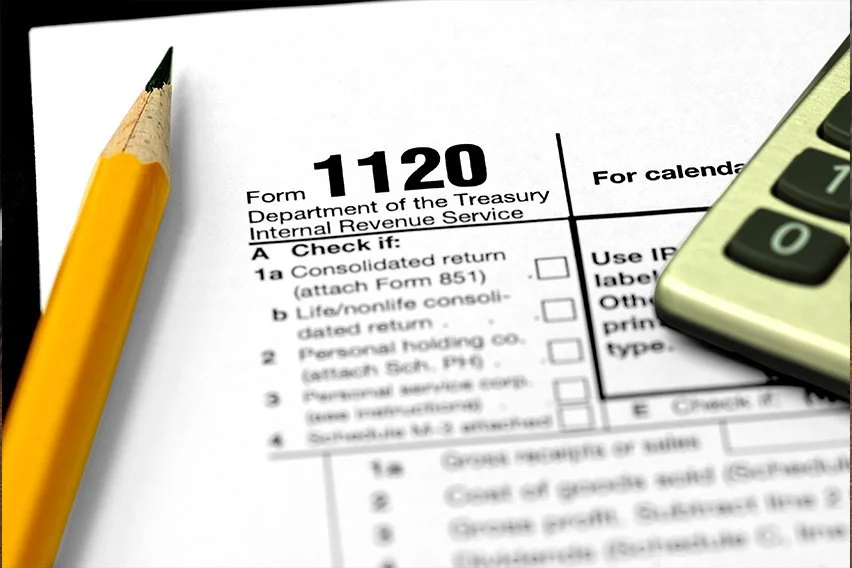Corporate tax return timing in Dubai


1. Introduction of Corporate Tax
The UAE introduced a federal corporate tax on business profits, effective from June 1, 2023. The corporate tax rate is set at 9% for taxable income exceeding AED 375,000, while income up to this threshold is taxed at a 0% rate.
2. Tax Period
Companies can choose a tax period that best suits their business operations, either the calendar year (January 1 to December 31) or the fiscal year (April 1 to March 31).
3. Filing Deadlines
4. Tax Registration
All businesses, including those operating in free zones, are required to register for corporate tax with the Federal Tax Authority (FTA). Registration should be completed by the end of the first financial year to avoid penalties.
5. Free Zone Entities
Free zone entities that meet specific conditions can continue to benefit from the 0% tax rate on qualifying income. However, they must file a corporate tax return and comply with the transfer pricing rules and documentation requirements.
6. Transfer Pricing
The UAE’s corporate tax regime includes transfer pricing regulations aligned with OECD guidelines. Businesses must maintain relevant documentation and disclose related party transactions in their annual tax return.
7. Penalties for Non-Compliance
Failure to comply with corporate tax obligations, including late filing or payment, can result in significant penalties. The FTA has outlined various penalties for non-compliance, emphasizing the importance of timely and accurate filings.
8. Preparation for Filing
Businesses should take several preparatory steps to ensure compliance:
Conclusion
The introduction of corporate tax in Dubai marks a significant shift in the UAE's tax landscape. Businesses must familiarize themselves with the new requirements and ensure timely compliance to avoid penalties. By understanding the tax periods, filing deadlines, and compliance requirements, businesses can effectively manage their corporate tax obligations in Dubai.

